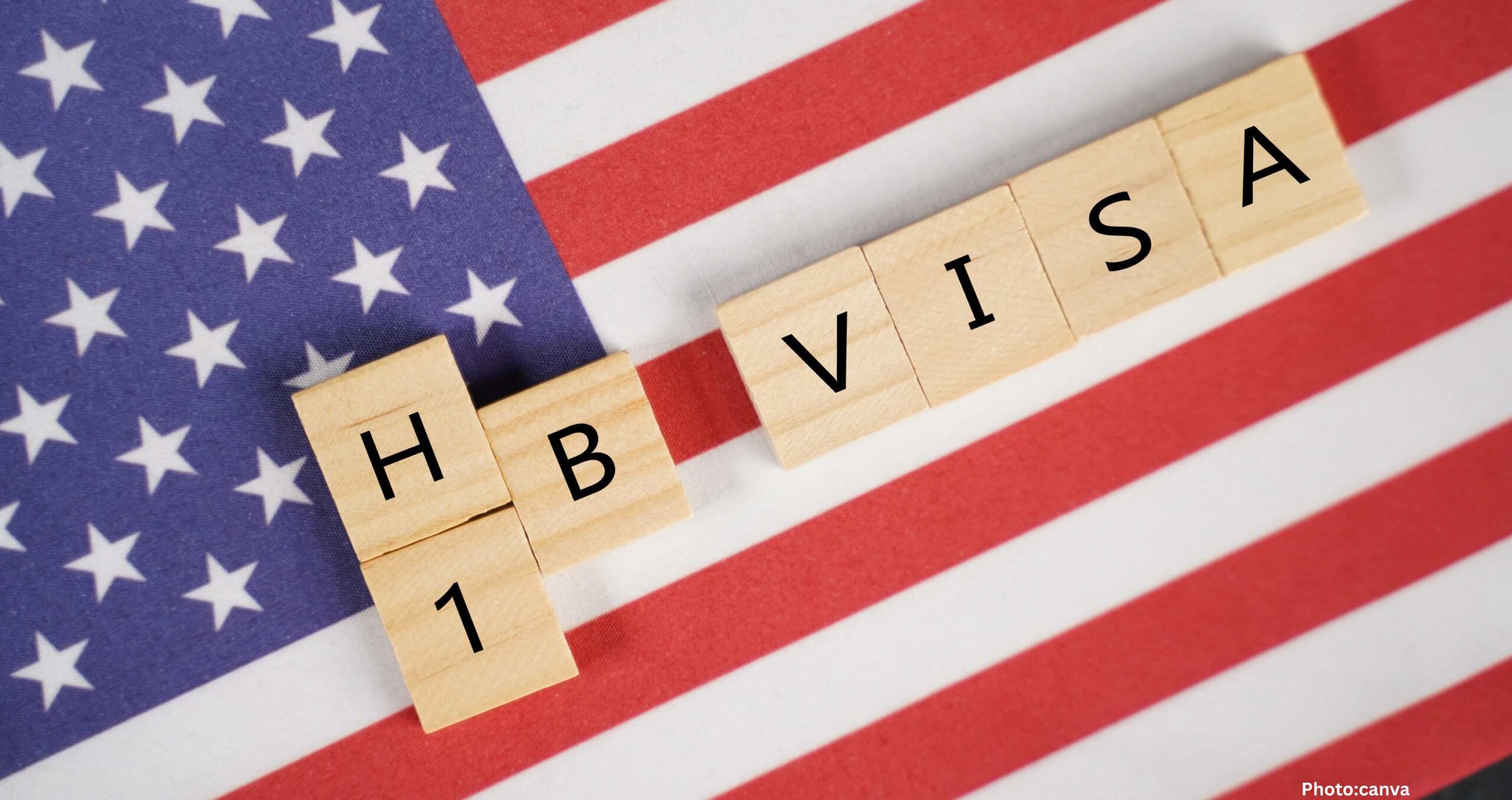The U.S. Department of Homeland Security is proposing a weighted selection process for the H-1B lottery, prioritizing higher-paid and skilled applicants, which could limit opportunities for lower-wage roles.
The U.S. Department of Homeland Security (DHS) has announced a significant change to the H-1B visa lottery process, as detailed in a notice published in the Federal Register on September 24. The proposed “weighted selection process” aims to prioritize foreign workers who command higher salaries and possess advanced skills, marking a potential shift in how H-1B visas are allocated for the 2027 season.
Under the current system, employers must complete an online registration for each foreign national they wish to sponsor under the cap-subject category. In this arrangement, U.S. employers act as petitioners, while the foreign workers they aim to hire are considered beneficiaries. After all registrations are submitted, the U.S. Citizenship and Immigration Services (USCIS) conducts a random lottery to select from the eligible beneficiaries.
Once a beneficiary is chosen in the lottery, all U.S. employers who submitted registrations for that individual receive a selection notice, allowing them to file an H-1B cap-subject petition on behalf of the selected worker.
The DHS’s proposed revision seeks to move away from a purely random lottery system to one that incorporates additional criteria, thereby creating a weighted approach. This new method is designed to incentivize employers to offer higher salaries and to sponsor positions that require advanced expertise, thereby aligning visa selections more closely with roles that reflect elevated wage levels.
Central to this proposed system is the Occupational Employment and Wage Statistics (OEWS) wage level, which would determine how petitions are weighted. The selection process would prioritize petitions based on the highest wage level that the offered salary meets or exceeds, taking into account the relevant Standard Occupational Classification (SOC) code and the location of employment.
In practice, this means that USCIS would first review registrations at OEWS wage level IV, then proceed to levels III, II, and finally I. The term “proffered wage” refers to the salary an employer commits to paying the selected worker, emphasizing the importance of compensation in the selection process.
Each year, the H-1B program allocates 85,000 visas for specialty occupations, with 20,000 of those reserved for individuals holding advanced degrees from U.S. institutions. The proposed weighted selection process aims to direct these limited slots toward candidates with superior skills, qualifications, or compensation, rather than distributing them to lower-paid or less-skilled positions.
As a result of this new framework, securing visas for lower-wage or less-skilled roles could become increasingly challenging. Additionally, the introduction of a $100,000 petition fee presents a significant financial hurdle, compelling companies to carefully assess whether the costs align with their hiring strategies. Together, the increased fees and the proposed weighted selection system could fundamentally alter the landscape of the H-1B visa program.
Experts suggest that the likelihood of implementing this weighted selection process is high, indicating a substantial shift in the H-1B visa allocation strategy. If adopted, these changes could reshape the dynamics of the U.S. labor market, particularly in sectors that traditionally rely on lower-wage foreign workers.
As the DHS continues to refine its proposals, stakeholders in the immigration and employment sectors will be closely monitoring developments regarding the H-1B lottery and its implications for the future of skilled labor in the United States.
Source: Original article

